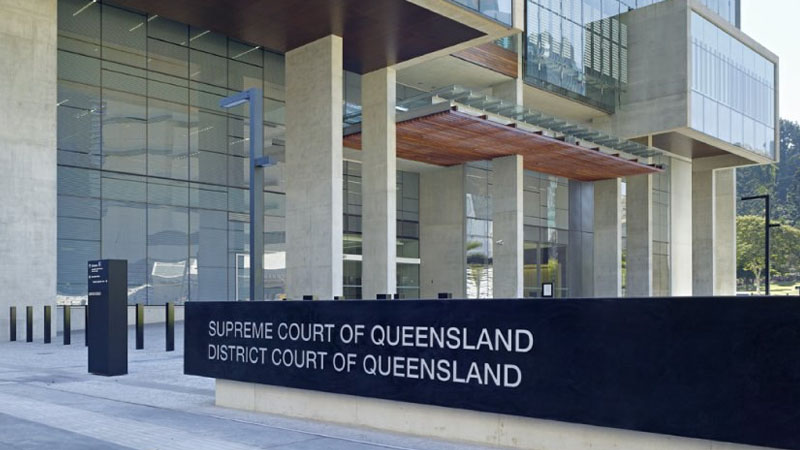Queensland Supreme Court rejects SMSF investors’ appeal
The Supreme Court of Queensland has dismissed an appeal from a group of SMSF trustees after they were ordered by the State Revenue Office to pay excess stamp duty on transactions to effect the transfer of a commercial property from trust to SMSF ownership.
The appeal related to a series of transactions taking place in 2015, when a group of six unitholders in the Radiology Partners Unit Trust had each redeemed their units and simultaneously acquired these units within each of their SMSFs, at the same time as three additional SMSFs bought into the trust.
At the time, the trust had held land, plant and equipment fixtures worth approximately $2.02 million and sought to switch these holdings to SMSF ownership to take advantage of a more beneficial tax structure as well as brought on new investors.
In June 2016, the Queensland State Revenue Office assessed these separate transactions as forming one single transaction under section 30 of the Duties Act (Qld), given that they all occurred on the same day in May 2015.
However, the group of investors disputed this assessment, arguing they had a smaller stamp duty liability as the duty should be levied on each individual transaction, given that the transactions were not conditional upon each other and the different SMSFs were not related.
The State Revenue Office reviewed its decision in 2018 and found the investors were still liable for stamp duty for the aggregated transaction amount, at which point the trustees appealed the case to the Supreme Court.
In handing down the decision to reject the appeal, Justice Wilson said that as the transactions had been structured to get around restrictions in the SIS Act about transferring units directly from a related party to a related SMSF, “the overarching purpose of the transactions was to restructure the unitholders in the trust, which together form evidence to give effect to or arise from what is substantially one arrangement”.
The court found the group of investors was liable for $56,416.50 in stamp duty and an additional $6,332.68 in unpaid tax interest. They were also ordered to pay the State Revenue Office’s legal costs.








